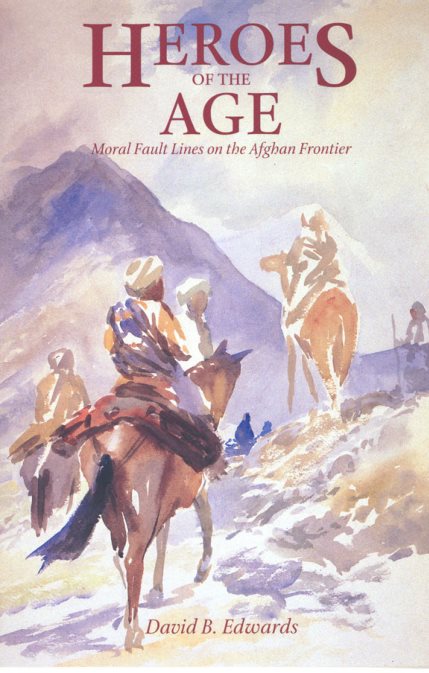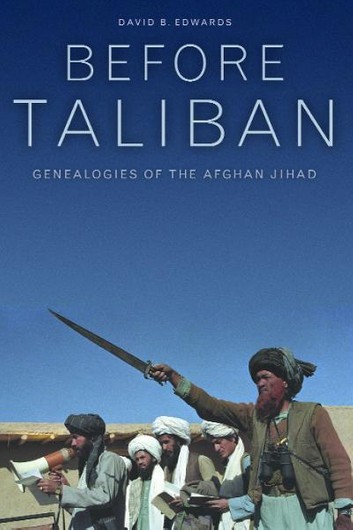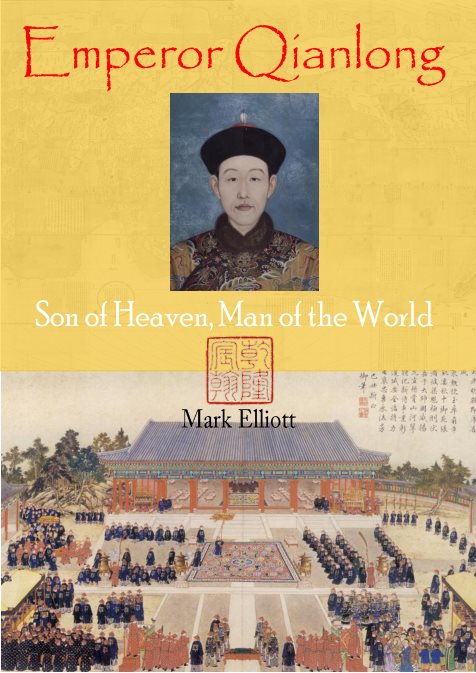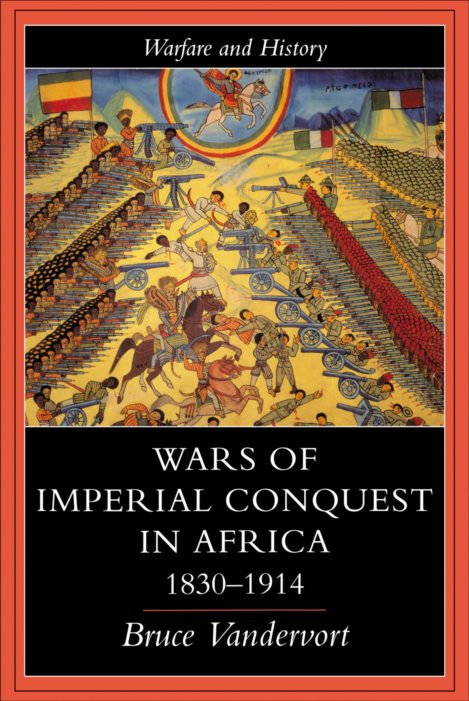Heroes of the Age: Moral Fault
1) Heroes of the Age: Moral Fault Lines on the Afghan Frontier – David B. Edwards
University of California Press | 1996 | PDF
Much of the political turmoil that has occurred in Afghanistan since the Marxist revolution of 1978 has been attributed to the dispute between Soviet-aligned Marxists and the religious extremists inspired by Egyptian and Pakistani brands of ‘fundamentalist’ Islam. In a significant departure from this view, David B. Edwards contends that — though Marxism and radical Islam have undoubtedly played a significant role in the conflict — Afghanistan’s troubles derive less from foreign forces and the ideological divisions between groups than they do from the moral incoherence of Afghanistan itself. Seeking the historical and cultural roots of the conflict, Edwards examines the lives of three significant figures of the late nineteenth century — a tribal khan, a Muslim saint, and a prince who became king of the newly created state. He explores the ambiguities and contradictions of these lives and the stories that surround them, arguing that conflicting values within an artificially-created state are at the root of Afghanistan’s current instability.
Building on this foundation, Edwards examines conflicting narratives of a tribal uprising against the British Raj that broke out in the summer of 1897. Through an analysis of both colonial and native accounts, Edwards investigates the saint’s role in this conflict, his relationship to the Afghan state and the tribal groups that followed him, and the larger issue of how Islam traditionally functions as an encompassing framework of political association in frontier society.
2) Before Taliban: Genealogies of the Afghan Jihad – David B. Edwards
University of California Press | 2002 | PDF
In this powerful book, David B. Edwards traces the lives of three recent Afghan leaders in Afghanistan’s history — Nur Muhammad Taraki, Samiullah Safi, and Qazi Amin Waqad — to explain how the promise of progress and prosperity that animated Afghanistan in the 1960s crumbled and became the present tragedy of discord, destruction, and despair. Before Taliban builds on the foundation that Edwards laid in his previous book, Heroes of the Age, in which he examines the lives of three significant figures of the late nineteenth century — a tribal khan, a Muslim saint, and a prince who became king of the newly created state.
In the mid twentieth century, Afghans believed their nation could be a model of economic and social development that would inspire the world. Instead, political conflict, foreign invasion, and civil war have left the country impoverished and politically dysfunctional. Each of the men Edwards profiles were engaged in the political struggles of the country’s recent history. They hoped to see Afghanistan become a more just and democratic nation. But their visions for their country were radically different, and in the end, all three failed and were killed or exiled. Now, Afghanistan is associated with international terrorism, drug trafficking, and repression. Before Taliban tells these men’s stories and provides a thorough analysis of why their dreams for a progressive nation lie in ruins while the Taliban has succeeded. In Edwards’s able hands, this culturally informed biography provides a mesmerizing and revealing look into the social and cultural contexts of political change.
 1 / 2
1 / 2 2 / 2
2 / 2

